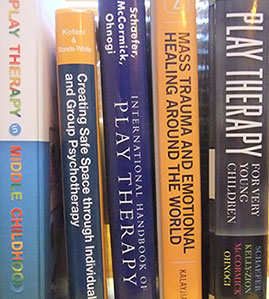Although human beings have an innate ability to self-heal, when difficult situations arise, people often become overwhelmed and unable to access their coping skills and strengths. In addition, people sometimes simply do not have the information to understand what is happening with their feelings. Talking to family members can pose difficulty as they may be part of the problem and turning to them may only make matters seem worse. Turning only to friends may take too much of a toll on the relationship, causing you to feel more isolated. While self-help books are interesting and can help map out the nature of your feelings, for the most part, they do not relieve the distress. If you decide to work with a psychotherapist, you will get the assistance you need with the objectivity that neither family nor friends can offer.
Psychotherapy may involve work on current problems, immediate crisis, or long-term difficulties. Depending on the nature of the difficulties, the work may be short-term or long-term, and may involve working with an individual, a couple, a family or a combination of the various modalities.


